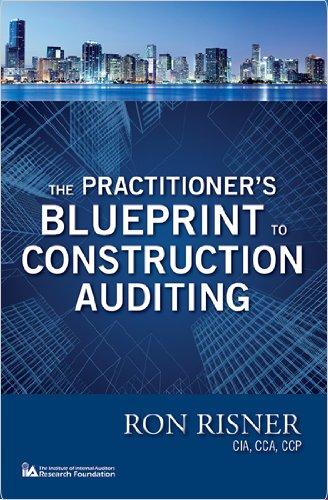Question
Madison Square Garden Corp., Ill. v. Carnera United States Court of Appeals, Second Circuit, 1931 52 F.2d 47 Facts Carnera (defendant) agreed with Madison Square
Madison Square Garden Corp., Ill. v. Carnera
United States Court of Appeals, Second Circuit, 1931 52 F.2d 47
Facts
Carnera (defendant) agreed with Madison Square Garden (plaintiff) to render services as a boxer in his next contest with the winner of the SchmelingStribling contest for the heavyweight championship title. The contract also provided that prior to the match Carnera would not engage in any major boxing contest without the permission of Madison Square Garden. Without obtaining such permission, Carnera contracted to engage in a major boxing contest with Sharkey. Madison Square Garden brought suit requesting an injunction against Carneras performing his contract to box Sharkey. The trial court granted a preliminary injunction.
Decision
Order for Madison Square Garden affirmed.
Opinion
Chase, J. The District Court has found on affidavits which adequately show it that the defendants services are unique and extraordinary. A negative covenant in a contract for such personal services is enforceable by injunction where the damages for a breach are incapable of ascertainment. [Citations.]
The defendant points to what is claimed to be lack of consideration for his negative promise, in that the contract is inequitable and contains no agreement to employ him. It is true that there is no promise in so many words to employ the defendant to box in a contest with Stribling or Schmeling, but the agreement read as a whole binds the plaintiff to do just that, providing either Stribling or Schmeling becomes the contestant as the result of the match between them and can be induced to box the defendant. The defendant has agreed to render services as a boxer for the plaintiff exclusively, and the plaintiff has agreed to pay him a definite percentage of the gate receipts as his compensation for so doing. The promise to employ the defendant to enable him to earn the compensation agreed upon is implied to the same force and effect as though expressly stated. *** [Citations.]
As we have seen, the contract is valid and enforceable. It contains a restrictive covenant which may be given effect. Whether a preliminary injunction shall be issued under such circumstances rests in the sound discretion of the court. [Citations.] The District Court, in its discretion, did issue the preliminary injunction and required the plaintiff as a condition upon its issuance to secure its own performance of the contract in suit with a bond for $25,000 and to give a bond in the sum of $35,000 to pay the defendant such damages as he may sustain by reason of the injunction. Such an order is clearly not an abuse of discretion.
Interpretation
When damages are not adequate, an injunction may be used to enforce an agreement to perform exclusive services that are unusual and extraordinary.
1. Give your opinion on whether monetary damages are sufficient, or if there should also be an injunction. You must explain your answer.
Critical Thinking Question
2. Should money damages have been an adequate remedy in this case?
Explain.
Step by Step Solution
There are 3 Steps involved in it
Step: 1

Get Instant Access to Expert-Tailored Solutions
See step-by-step solutions with expert insights and AI powered tools for academic success
Step: 2

Step: 3

Ace Your Homework with AI
Get the answers you need in no time with our AI-driven, step-by-step assistance
Get Started


